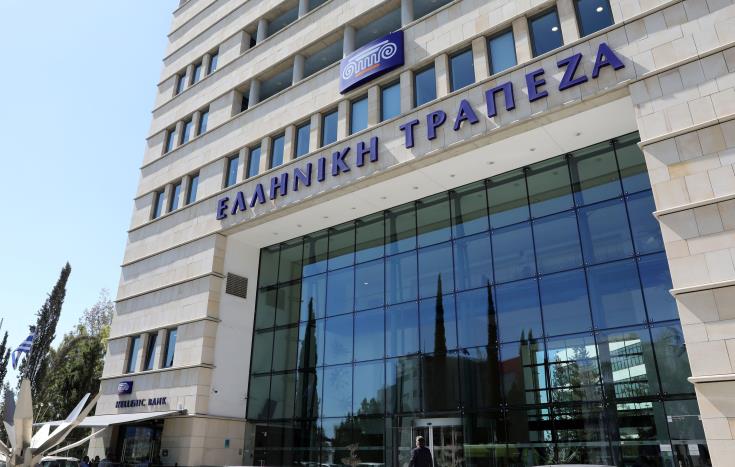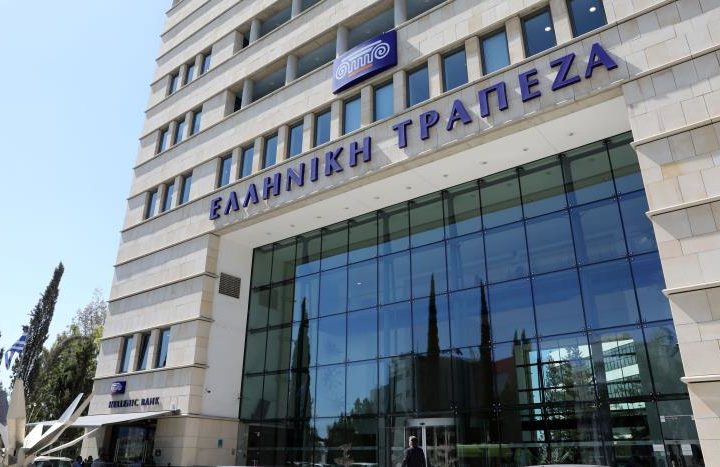Hellenic Bank reported a lower first half net profit of EUR 17.7 mln, impacted by the coronavirus pandemic, down from EUR 58.3 mln in the same period last year.
The second biggest lender in Cyprus saw a turnaround in the second quarter, posting a profit of EUR 20 mln, compared to a net loss of EUR 2.2 mln in the first quarter. It expanded its balance sheet with the CET1 ratio at 19.75% compared to 19.22% in Q1 and its capital adequacy ratio at 22.2% in Q2 from 21.7% in Q1.
The provision charge for the first half of 2020 amounted to EUR 42.4 mln, of which EUR 38 mln was associated with the impact of the Covid-19 pandemic and EUR 33 mln was front-loaded in Q1.
The bank said its ration of non-performing loans (NPLs) to total loans declined to 19.5%, excluding loans covered by an asset protection scheme provided by the Cyprus Asset Management Company following the acquisition of the ‘good bank’ of the Cooperative Bank. The 21% decrease in NPLs is attributed to a write down of EUR 0.5 bln, while the coverage ratio amounted to 46.5%, the bank said.
Interim CEO Phivos Stasopoulos said the island’s commercial banks and the state are better placed to tackle the crisis triggered by the pandemic compared with the 2012 financial crisis, noting that banks have increased capital buffers and ample liquidity, while the state has fiscal plans to cushion the crisis.
“It is very important that the banks have capital liquidity provided by local deposits and that the state has the necessary buffers,” he said.
The bank said that borrowers who obtained a payment suspension amounted to EUR 2.8 bln or 55% of the bank’s loan book. Under a decree issued by the Finance Minister, payment breaks imposed only on performing loans will end on December 2020.
However, Stasopoulos said that an extension of payment deferral programmes even in a targeted loan portfolio is difficult, as the public moratorium was “generous” and attracted a large number of borrowers.
In separate comments, the bank’s Chief Financial Officer, Lars Kramer said that bad loans will rise by 10% after the payment holiday, noting that the first quarter of 2021 will be decisive concerning new NPLs.










